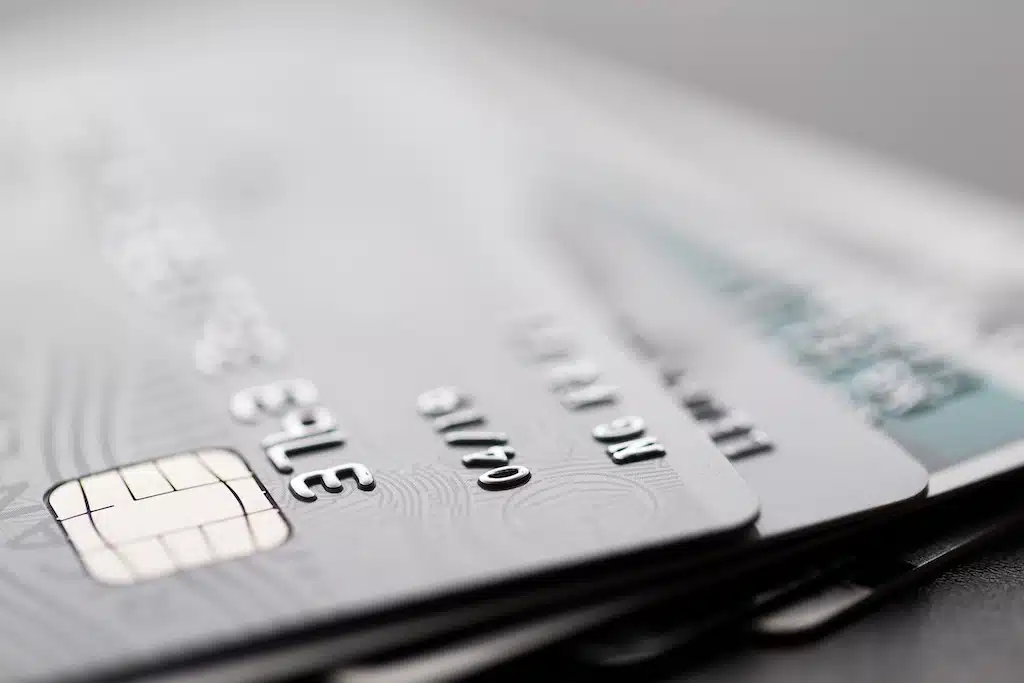
Economic News
Credit Card Delinquency Rates Reach Decade High in Q4 2023
According to new data from the Federal Reserve Bank of Philidelphia, credit card delinquencies grew to new “series highs” in the last quarter of 2023.
About the report:
As Bloomberg reports, credit card delinquencies increased in the fourth quarter. In total, nearly 3.5% of consumer card balances were at least 30 days late. Furthermore, the percentage of card accounts that were 30, 60, and 90 days past due all rose during the quarter. The Philly Fed referred to this as “the worst card performance in the series.”
Elsewhere, the data found a 34 basis point quarter-over-quarter increase in the number of accounts only making minimum payments. Moreover, while the percentage of accounts that were paid in full notched up 8 basis points in the quarter, overall, there was a 3.1% increase in card balances.
The Philadelphia Fed data also found that the median credit score of new organizations ticked up 2 points. This suggests that lenders may have slightly tightened their underwriting standards during the quarter. At the same time, credit scores in the 10th and 25th percentiles were down to rates not seen since early 2020.
Then again…:
Although some headlines declared that the delinquency report highlighted the “worst on record,” it’s important to point out just what that record includes. As Marketwatch notes, the “series” the Philadelphia Fed data references only goes back to 2012. Looking at data prior to that timeframe, several instances of higher delinquency rates can be found — including rates as high as 6.53% circa 2009. In all, Kayvan Darouian (a director at the Deutsche Bank securitized-products research division) said that Q4 2023 delinquencies were “roughly in line with the long-term historical average.”
My thoughts:
First of all, this whole episode serves as a great reminder that it’s important to look beyond headlines and dive into the actual data. What’s funny is that a decade-long high is still notable — even if it’s not a new all-time record. To be fair to the media that did run that headline, though, the Philly Fed’s “series high” terminology also seemed to hype the report to an unnecessary level.
Anyway, as for the numbers themselves, conventional wisdom would suggest that inflation coupled with high interest rates are causing some consumers to increase their credit card balances and then, unfortunately, grow delinquent with their accounts. That’s already a tough spot to be in, but things could get worse if the long-anticipated recession does arrive. Let’s hope that doesn’t happen and, instead, an inflation reprieve and a slow easing of interest rates can help these consumers find their footing to get back on track.








